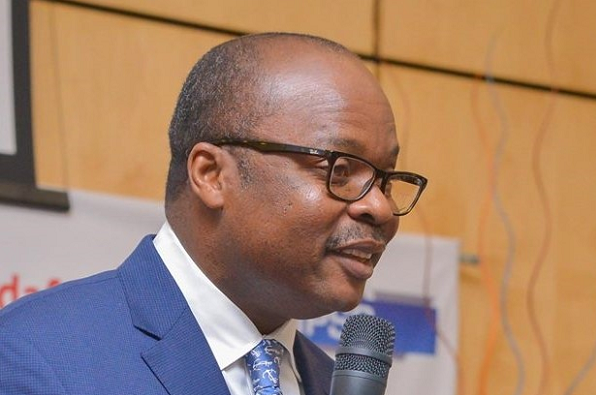
How the GH₵2bn bailout funds will be expended on the six banks
Six indigenous banks have agreed to relinquish part of their stakes to the government in return for equity investment from the state to enable them to recapitalise to GH₵400 million.
Advertisement
Graphic Online is reserving the names of the banks to allow for
It is, however, understood that the transaction is meant to rescue well governed, solvent but under-capitalised indigenous banks from losing their banking licences or at best, being downgraded to savings and loans companies for failure to comply with the central bank directive on recapitalisation.
Read also: Six banks get GH₵2bn govt bailout to meet recapitalisation deadline
Multiple sources involved in the structuring of the eleventh-hour deal told Graphic Online that under the arrangement, each bank will receive a maximum of GH₵280 million of bailout funds that will qualify as tier one capital under BoG regulations.
Banks that require more than the limit of GH₵280 million have been encouraged to merge, the sources said.
Another source said the number of beneficiary banks could increase to eight as more indigenous banks come forward for the support.
Qualifying criteria
1. Must be an indigenous bank
2. Must be well governed, solvent and meet BoG requirements on capital adequacy ratio
Nature of bailout
1.
2. GAT will source funds from
3. The bond will be issued on the assets of the six banks
4. The
5. Banks are expected to receive funds by March 2019 although BoG has qualified them as having recapitalised
6. Afterwards, a GAT consultant will appoint a director each to the board of the beneficiary bank to help oversee the interest of GAT as well as ensure prudence in the operation of the bank
Exit strategy
GAT will exit in three to five years’ time under any of the following;
1. Listing of GAT’s stakes on the Ghana Stock Exchange (GSE)
2. Existing shareholders buying GAT out
3. New shareholders buying GAT out
The BoG directive to banks to recapitalise to GH₵400 ended Monday, December 31, 2918, after resulting in the planned exit of one bank - Bank of Baroda - and two mergers that are ongoing.
It was the steepest yet had the shortest timeframe in the history of bank recapitalisations in the country.




